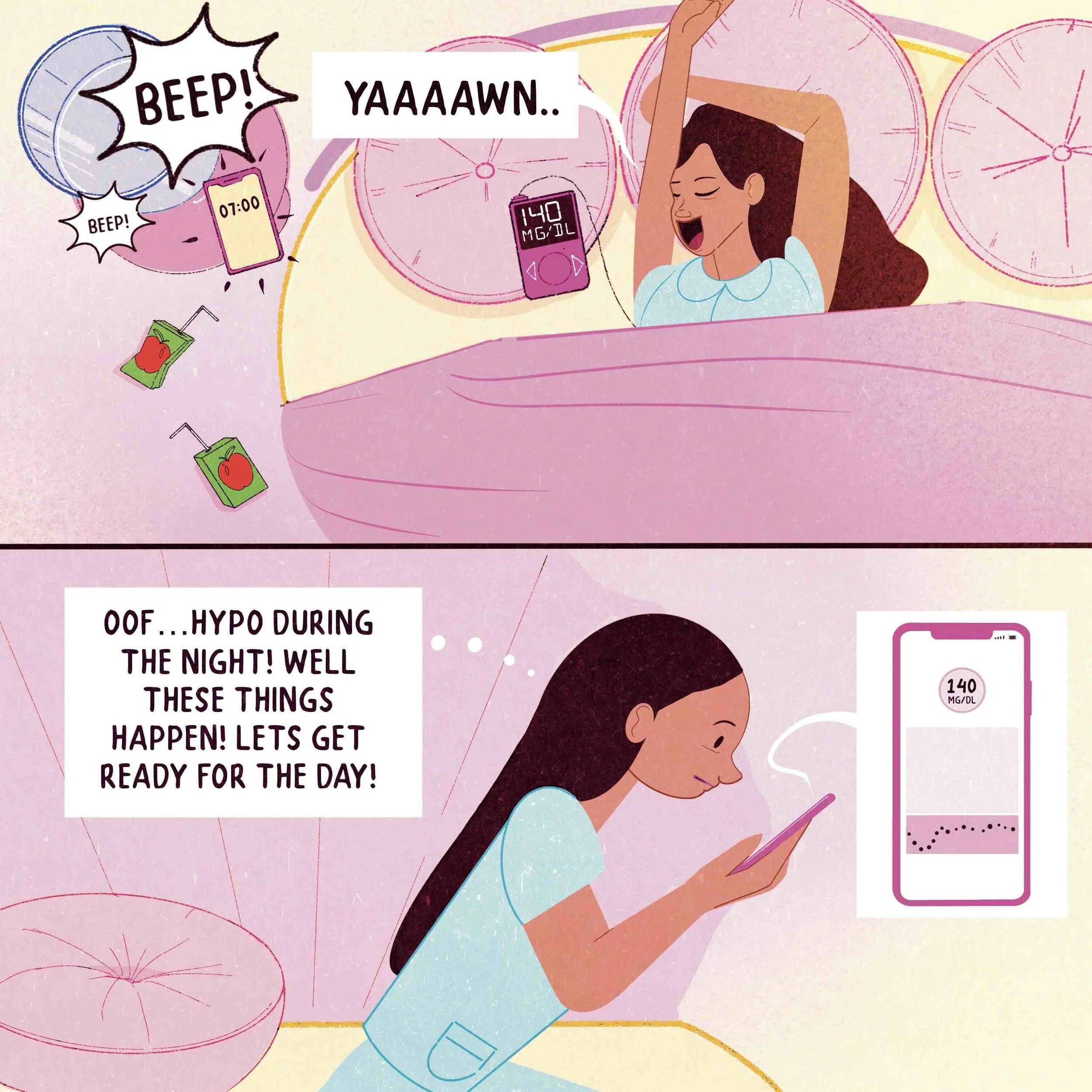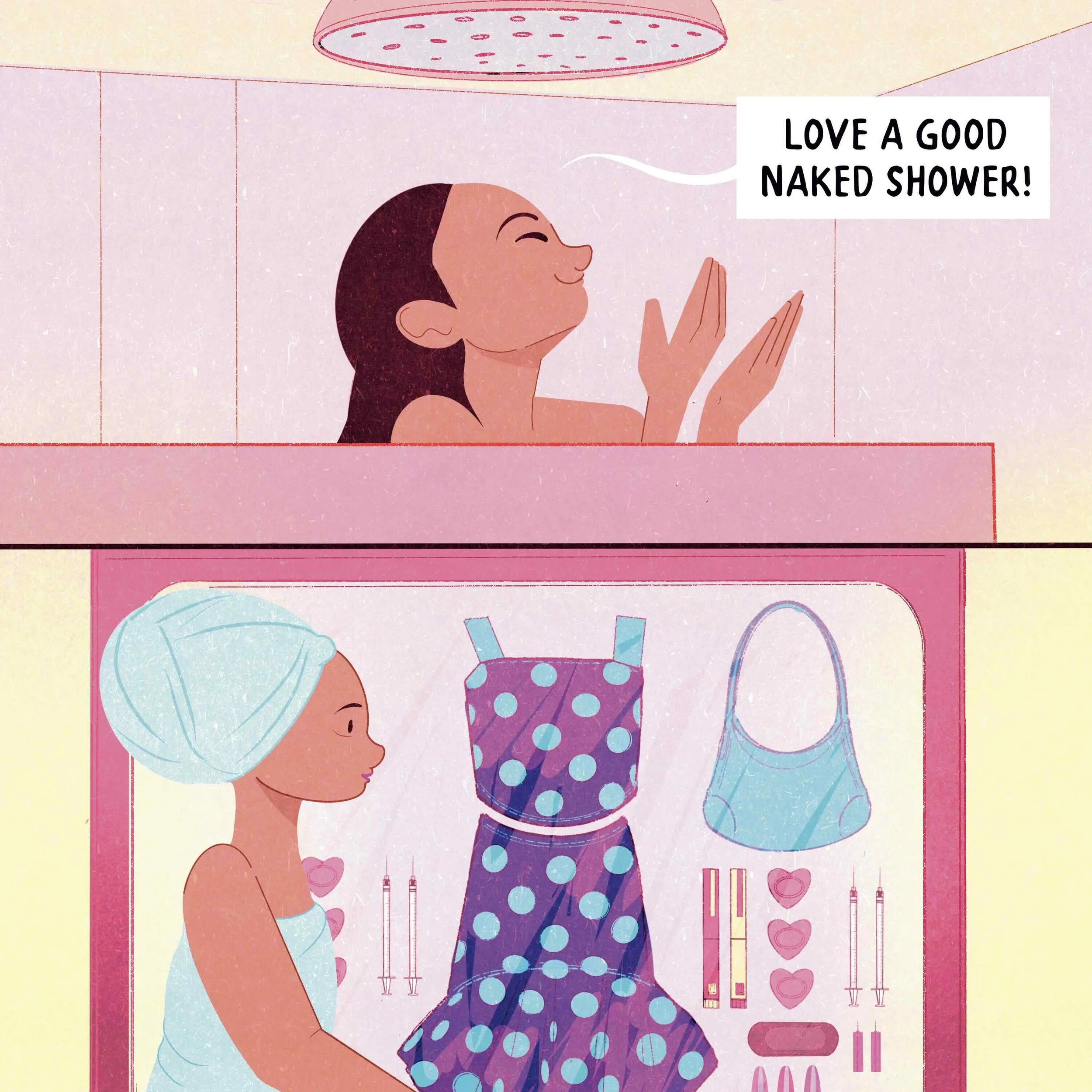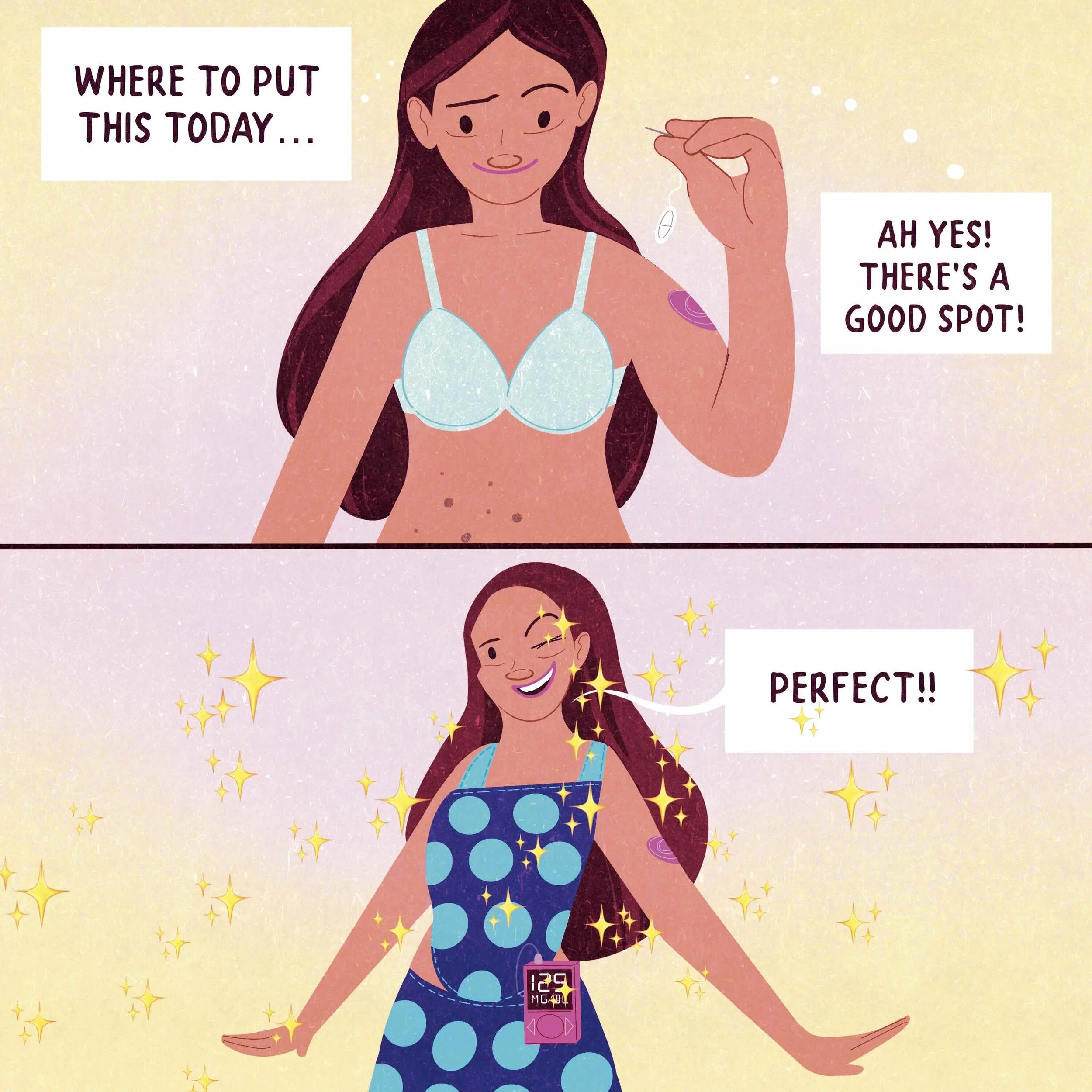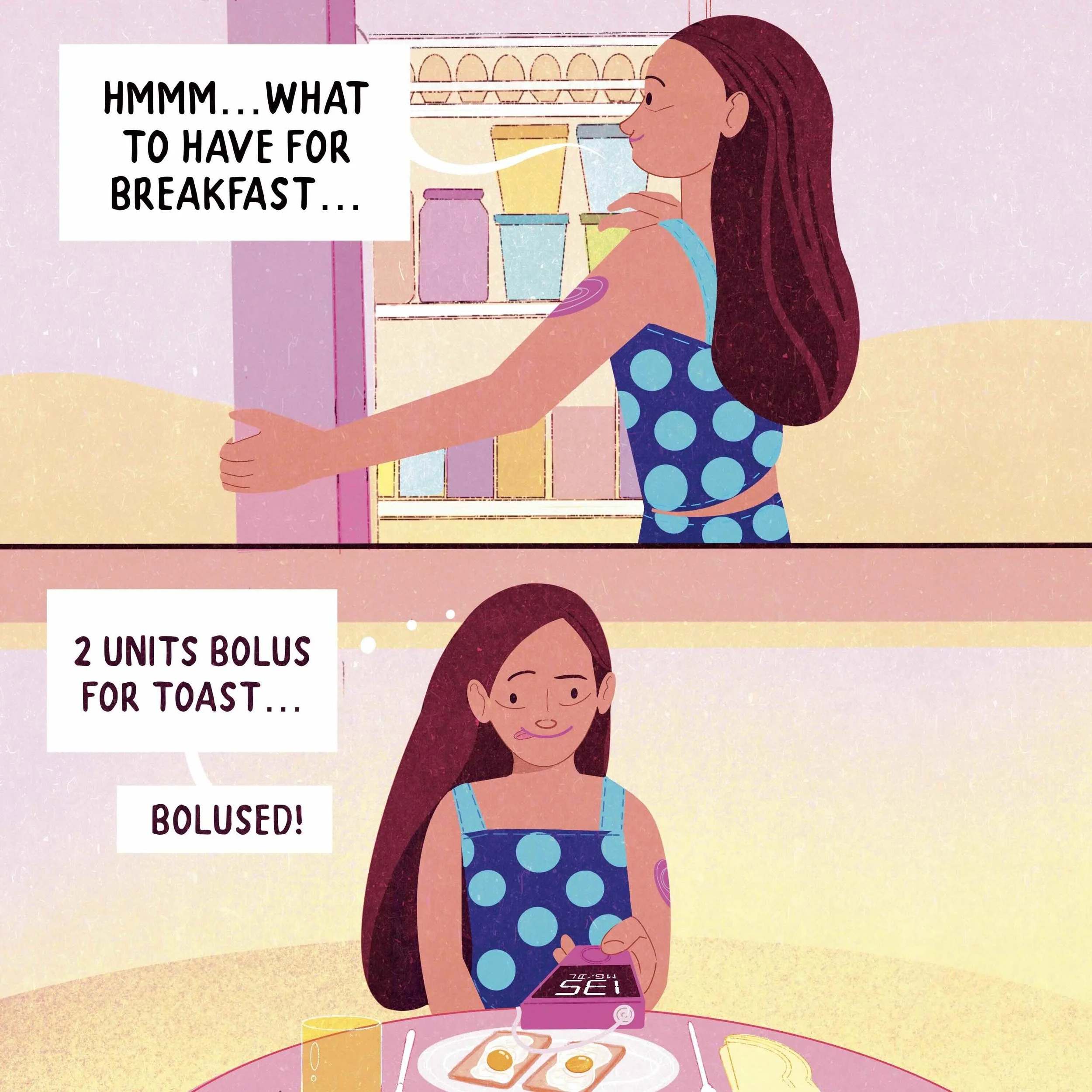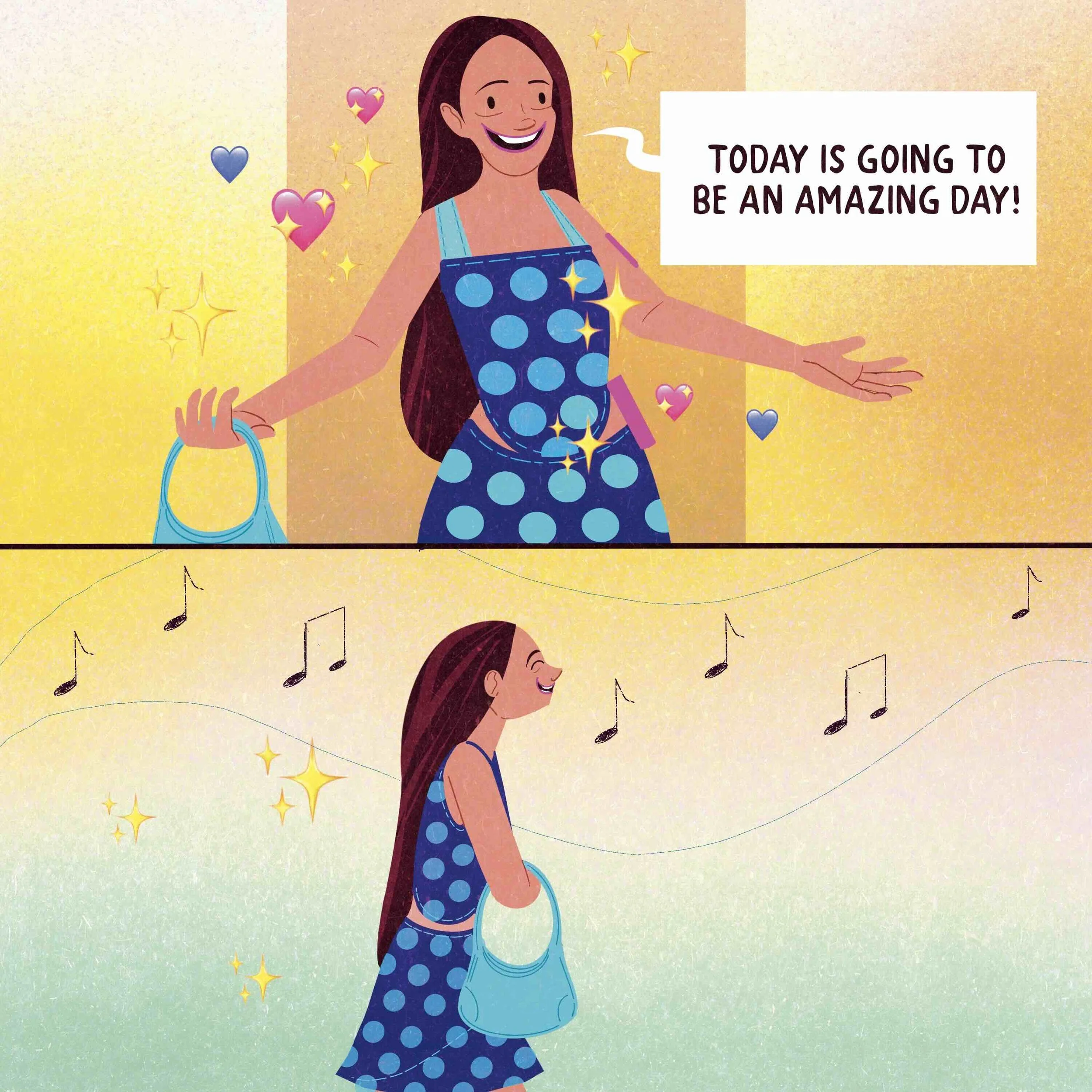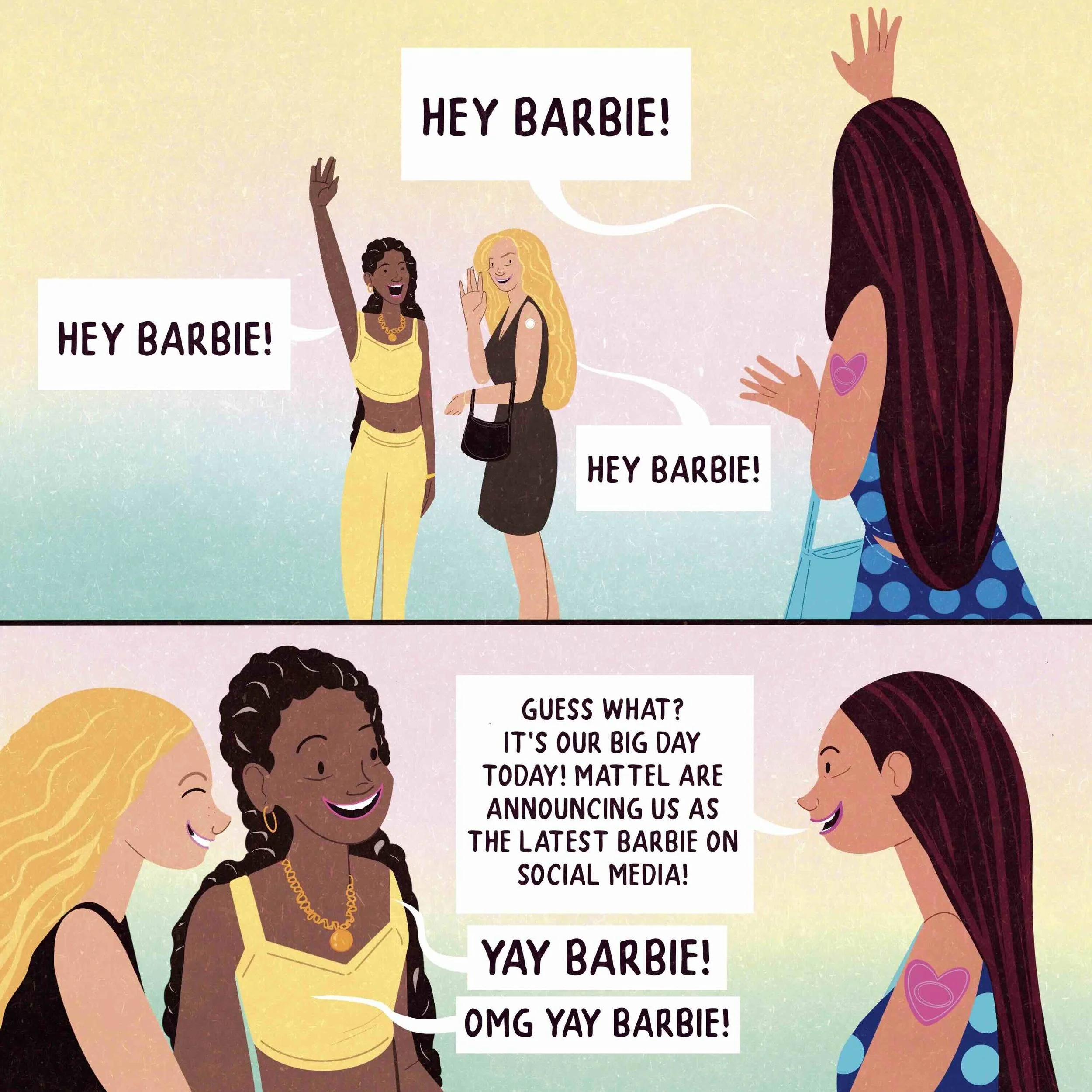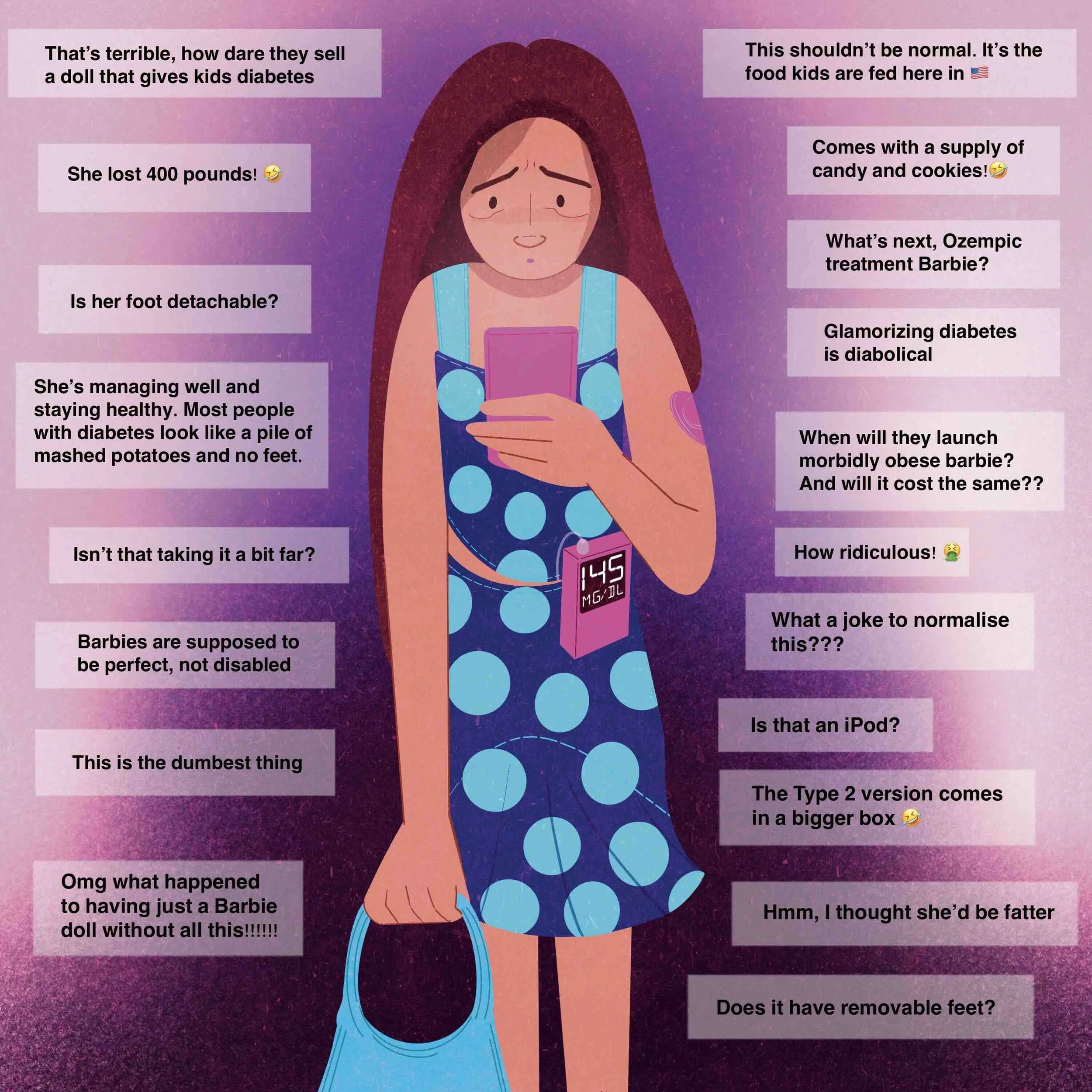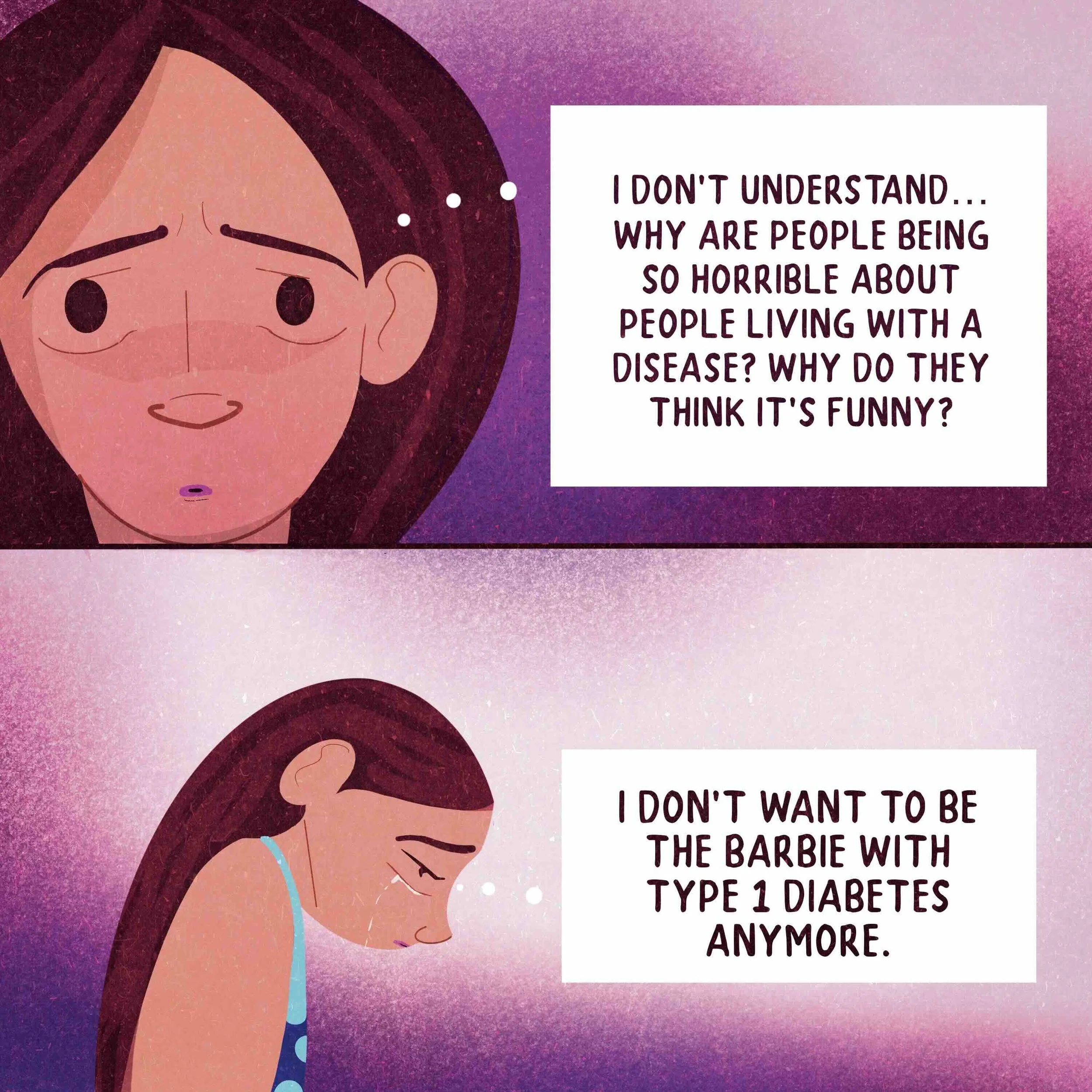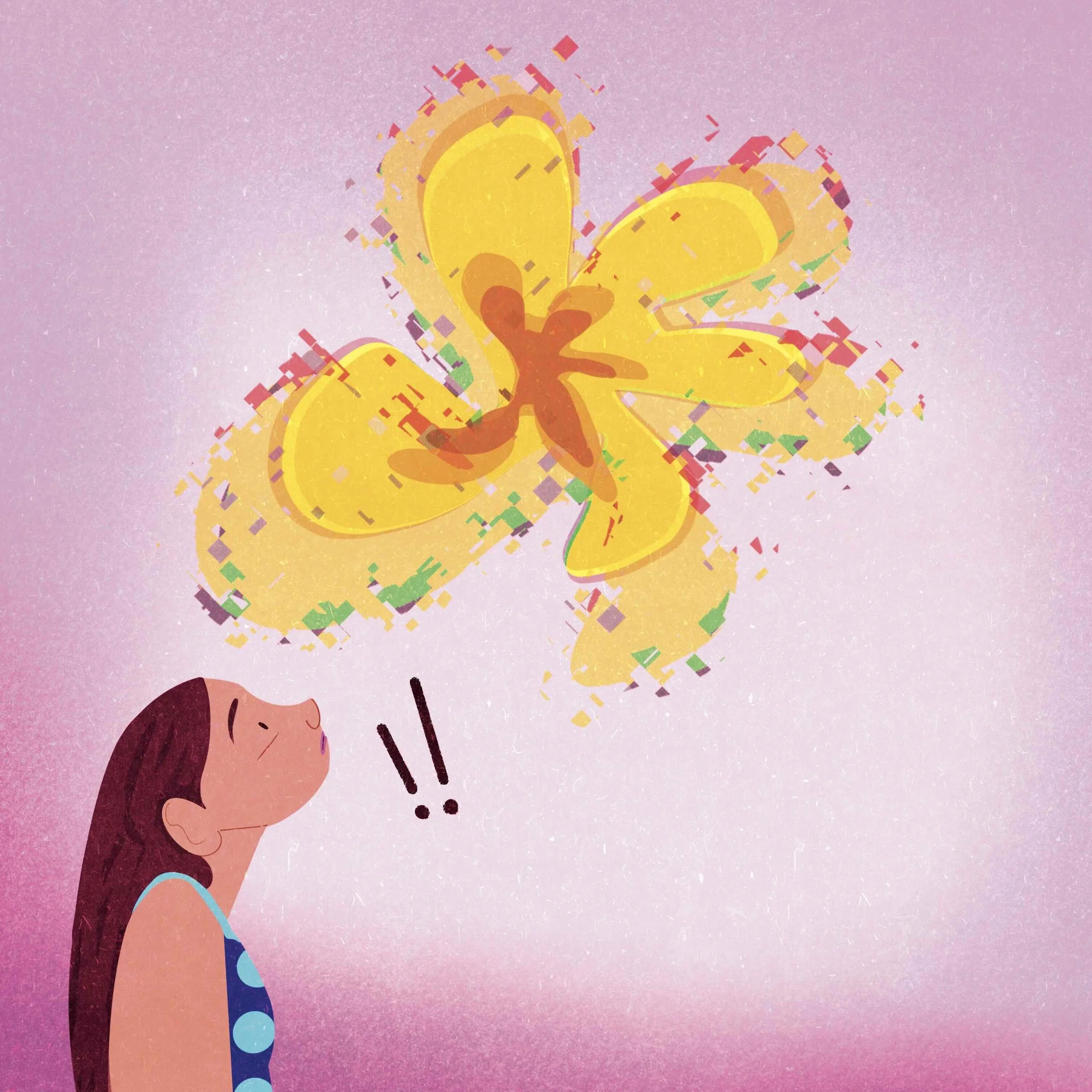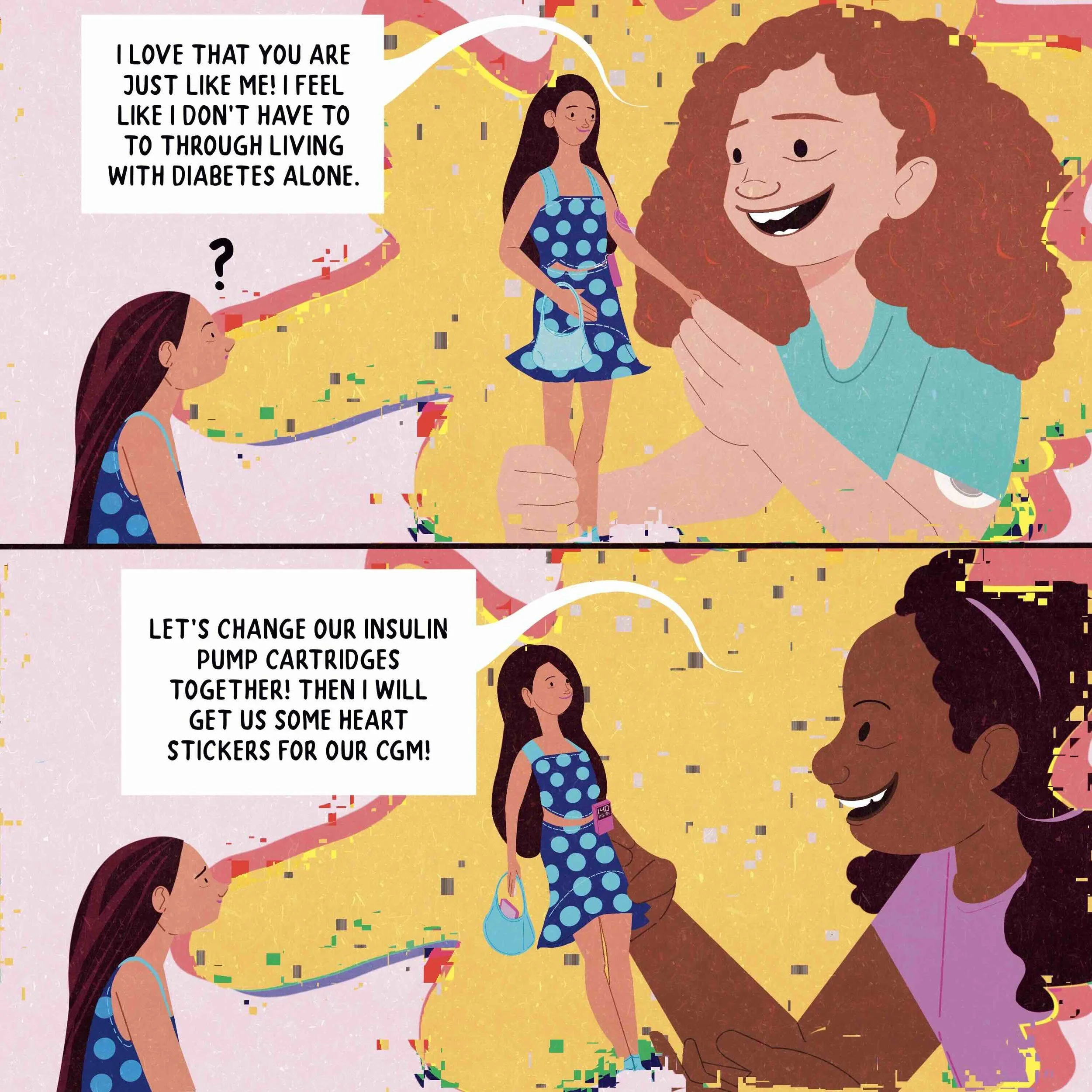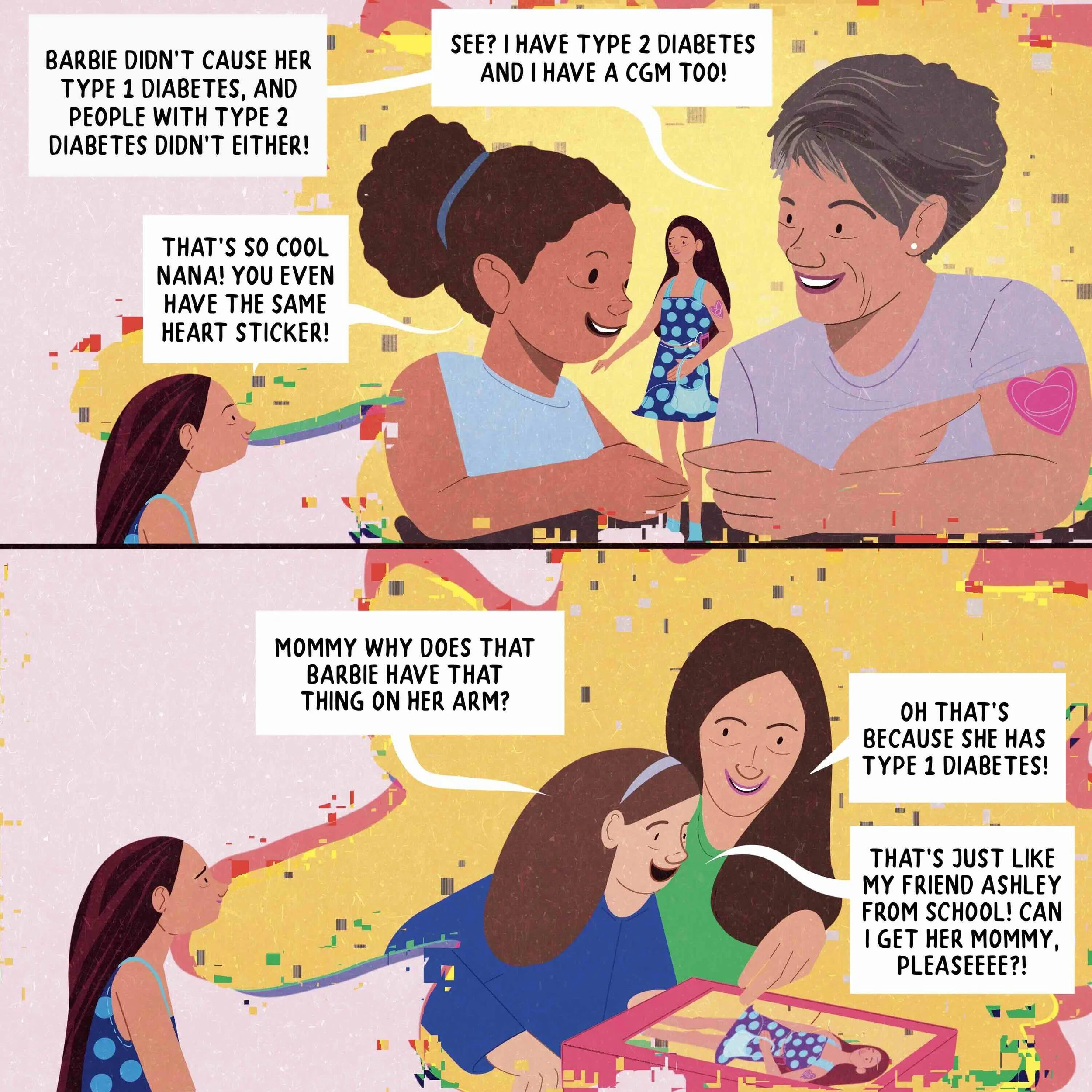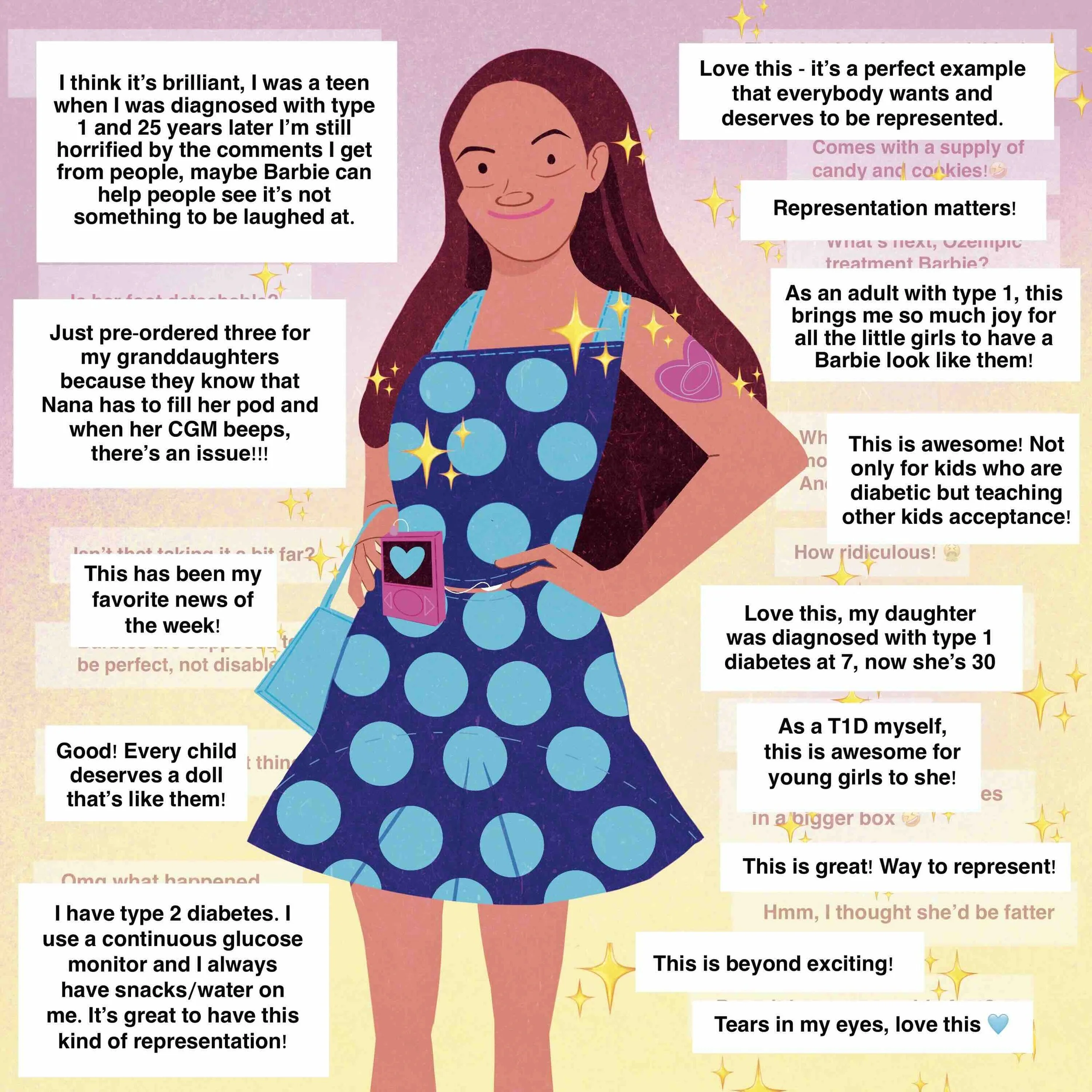Hey guys! So as you know, Barbie is a global icon, and when Mattel launched Barbie with type 1 diabetes a couple of weeks ago it was a significant moment for the diabetes community. For many kids, Barbie is the first doll they play with. Seeing themselves represented in that space can shape self-worth, identity, and how they understand illness or difference.
Because Barbie is such a mainstream icon, the backlash to the T1D Barbie revealed just how deeply misunderstood all types of diabetes are.
You may have seen the stigmatizing comments. They can be disheartening and make it feel like there’s still such a long way to go. But moments like this also remind us that diabetes representation does matter - and it is working. A few years ago, hardly anyone pushed back against diabetes stigma. Now, more people get it, and they are speaking out, educating and calling out the stigma.
I know a lot of us that are working or creating content in the diabetes space will keep educating about diabetes and calling out stigma, because we know it makes a difference in health outcomes globally for people with diabetes. And we hope this Barbie helps facilitate conversations on the importance of access and affordability for people living with diabetes all over the world. That’s the power of representation. And hopefully, that will be the lasting power of the T1D Barbie.
And at the end of the day, what really matters is how girls with diabetes feel, seeing themselves in Barbie. I’m sure it means so much to them.
This comic was made in collaboration with A Spoonful of Laughter.
If you would like to see this comic on socials 👇🏼


